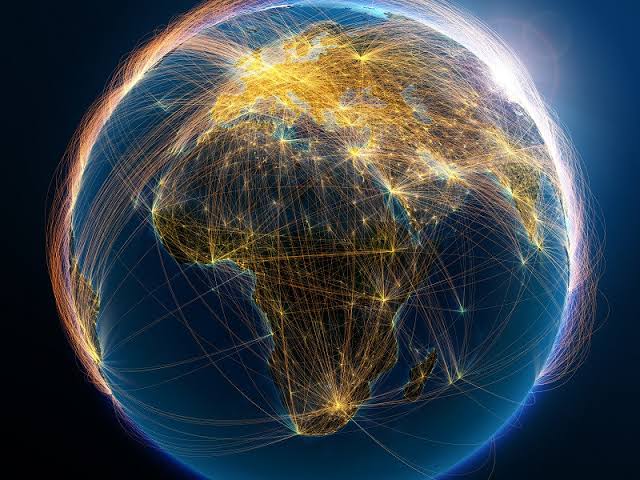–Esther Rose
The novel coronavirus pandemic has claimed over 300,000 lives worldwide, and like in the rest of the world, in Africa is seeing COVID-19 tighten its grip, with over 91,000 confirmed cases, 2,906 deaths and 35,843 recoveries by May 20, 2020, according to the World Health Organization.
While speculation grows on the origin of the virus and words become more heated between the U.S., China and the World Health Organization, Africa as a developing continent, needs to find solutions to this crisis, with the help of other world leaders. Will Africa still be on the backfoot when a vaccine is found?
According to epidemiologist Dr Ify Aniebo, who co-authored a paper titled Access to Lifesaving Medical Resources for African Countries: COVID-19 Testing and Response, Ethics, and Politics, the continent “must invest heavily in science research long before a pandemic occurs, with governments needing to be willing to invest in healthcare infrastructure that will enable us to provide functions that include creating lab networks, the capacity for emergency operations and the training of a medical workforce that collect, analyze and use quality data for decision making. “Pandemic preparedness will be impossible to achieve without political and financial engagement from African governments and so it is important for all these to be driven by political will,” Aniebo said.
More than 70 companies and institutions across the world are in a race to find the vaccine to end the onslaught. Aniebo said that Moderna was the first in the world to start clinical trials with an RNA vaccine, which uses a segment of genetic material from the virus itself, called messenger RNA, to provoke the immune system into making antibodies. Countries like the UK, US and China are working towards a vaccine but this may be available in 18 months.
“After this timeline, will it be possible for African countries to get hold of vaccine for their citizens. It is important to be hopeful. Having said that, vaccine science is an uncertain business, and so we cannot ever be 100% sure that there will be a safe and effective vaccine. But experts are doing everything they possibly can in making sure that a safe and effective vaccine becomes the reality for millions around the world,” Aniebo said.
And on changing the narrative that Africa needs “rescuing”, she emphasised that Africa is not asking for handouts. “World leaders have an ethical obligation to avoid needless loss of life by ensuring that Africans have access to reagents and that it has equitable access to carry out testing.”
The novel coronavirus demonstrated how the world is interconnected, spreading far and fast. Aniebo said the global community should harness that same interconnectedness to curb the spread of this pandemic, but it will be impossible if there isn’t equitable access to medical resources. “The reality is that no one in the world is safe until everybody is safe and by extension, no country is safe until every country is safe, due to globalization, regardless of economic standing,” she said.
A herbal “remedy” claimed by President of Madagascar Andy Rajoelina, and the recommendation of a dose of prayer by Tanzania’s President John Magufuli is raising eyebrows.
“A pandemic does not just disappear because of prayers. The number of cases in Africa are rising each day and a responsible government would prioritize scientific data over prayer – which so far, most African countries have been doing as seen by their actions which includes intervention such as testing, tracing, treating and lockdown – including flight and border restrictions,” Aniebo said.
On which country would receive the vaccine first, Dr Aniebo said that to solve this problem, African countries need solidarity within the continent and across the world.
“Global protectionism exists with more than 70 countries imposing restrictions on the export of medical materials and as a result, access is difficult for Africa. It Is important that wealthier countries reserve some fraction of these medical supplies for export from an ethical perspective,” she said.
